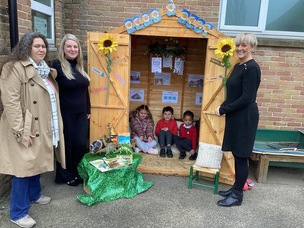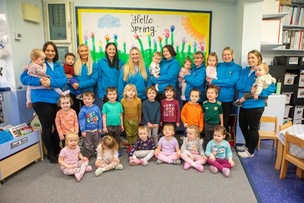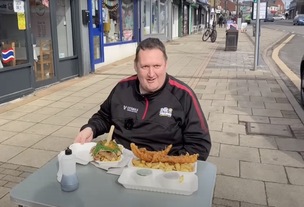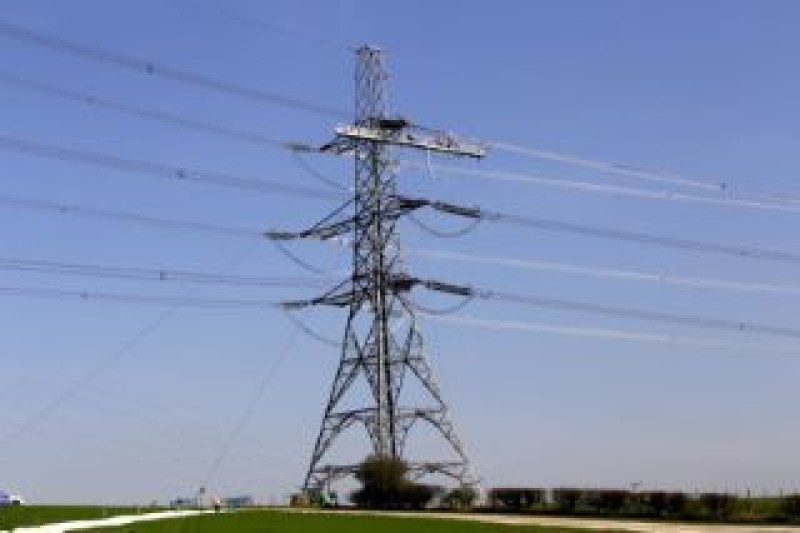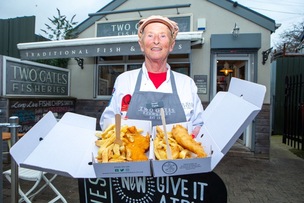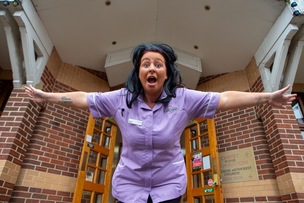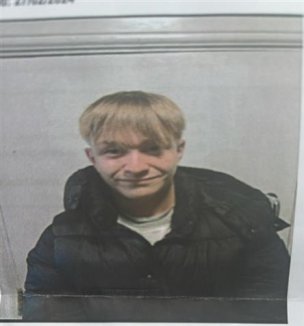A ‘SHAMEFUL’ fuel poverty crisis gripping Barnsley’s most vulnerable residents for more than a decade has been cited as a key reason why the town’s winter death rate is significantly higher than the national average.
The Office for National Statistics (ONS) released its data for the number of winter deaths between 2018 and 2019, which revealed an estimated 23,200 people across the country had succumbed to illnesses deemed to be preventable.
Although the figure is much lower than the previous year’s 49,000, it has increased locally and now Barnsley’s overall winter death rate is more than double the 14.2 per cent national average, with about 230 extra deaths attributed to cold weather during November 2018 to March 2019.
Darton East remains the worst-hit area, with a 47.4 per cent rate, followed by Wombwell, Rockingham, Worsbrough and Dearne South, which are all higher than 30 per cent, with just Royston, Old Town and St Helen’s wards dipping below the national average.
Currently, Barnsley’s 30.9 per cent figure is the highest since public health reports were started in 2001.
Sheffield City Region Mayor Dan Jarvis, who is also seeking re-election as the MP for Barnsley Central, hosted a meeting of public health leaders in order to begin work on reducing excess winter deaths.
The aim of the session, Mr Jarvis said, was to understand what activity is already taking place, the challenges councils, the NHS and the third-sector organisations are facing and identify where improvements can be made through sharing learning and best practice.
He added: “I’m relieved fewer people died across the country but the fact is that each winter, thousands are still unnecessarily dying due to the cold weather and that should shame us all.
“Those that have are mainly elderly, women and poor.
“It’s a national scandal and it’s one I am working to address.
“They are dying every winter because they cannot afford to heat their homes and succumb to the cold weather as a result.
“Over the last five years more than 152,000 of the most vulnerable people up and down the country have died between November and March.
“That’s like losing the combined population of both the Barnsley Central and Barnsley East constituencies.
“Better heating, health and housing are the key to reducing excess winter deaths, and they are not difficult to achieve. How a society cares for the elderly and most vulnerable is an important yardstick by which we should be judged.
“I’ve campaigned long and hard on this issue, both as an MP for Barnsley Central and as the Mayor of Sheffield City Region.
“We live in one of the richest economies in the world no-one should be dying of the cold. I am determined to ensure we’re better prepared for winters to come.”
Stephanie Peacock, Labour candidate for Barnsley East, described the issue as a ‘scandal’.
“Poorly insulated, low quality and energy inefficient housing along with spiralling energy costs and stagnating wages have left up to 4m people up and down the country living in fuel poverty including nearly 4,400 households in Barnsley East,” she added.
“As the temperature gets colder, there will be too many people in Barnsley for whom the choice between heating their home and putting food on their plates is a stark reality.( “It’s about time urgent action was taken to urgently address this scandal by tackling the root causes of poverty, and immediately set about rebuilding the vital safety nets that help out the most vulnerable people in our community when they need it most.
“The long, cold nights present a real difficulty for those struggling to make ends meet, forced to choose between heating and eating.”
***
12,000 households are at risk
AN estimated 12,000 homes are said to be experiencing fuel poverty across Barnsley.
Leaders in the town will be involved in the first South Yorkshire-wide energy strategy published early next year which will put ‘fuel poverty at its heart’ due to long-running concerns about its relation to winter death rates.
A task and finish group was set up by Barnsley Council for 2018 to 2021, including the town’s health and social housing leaders, designed to address cold homes and fuel poverty and better signposting for flu vaccinations, as well as reducing falls in homes.
Thousands of homes across the borough will be targeted in the next year thanks to a £250,000 National Grid scheme which is aiming to deliver new central heating systems.
A council report said: “Most excess winter deaths occur in the 65 to 84 age group.
“Given that the over-65 population of Barnsley was expected to increase by 17.2 per cent between 2012 and next year, it is reasonable to expect that the number of excess winter deaths will also increase substantially if action is not taken to address the causal factors. (
“Trend data at ward level show that three wards Darton East, Rockingham and Wombwell demonstrated an increase in excess winter death rates at each time point.( There is no clear cut explanation for excess winter mortality and morbidity and it is due to a variety of wider factors. Flu and respiratory diseases were the main underlying causes of excess winter deaths in Barnsley.”



